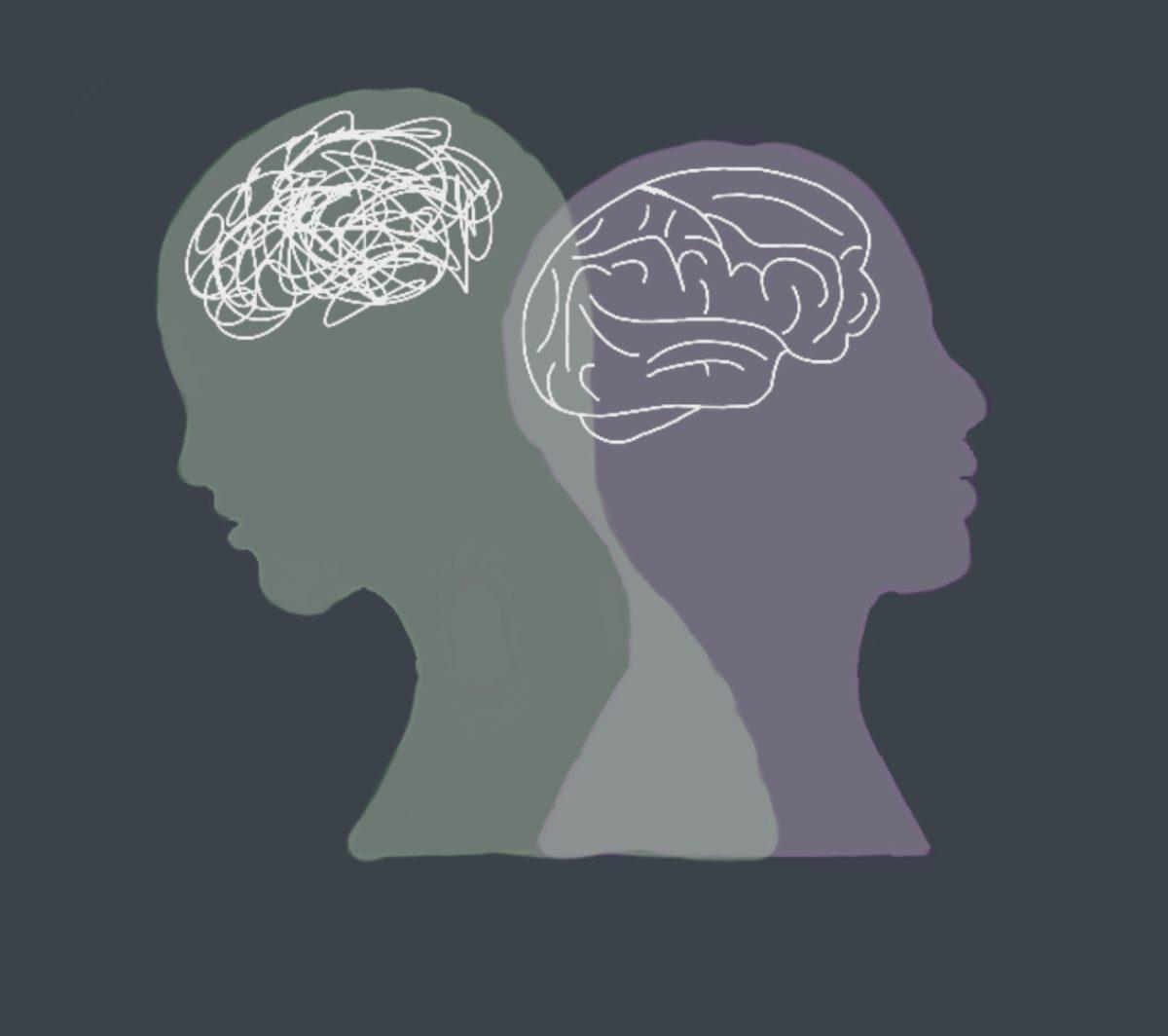Mental health among Black teachers is an important and often overlooked topic. While the effects of racism, including physical and emotional trauma, are felt throughout all aspects of life, their impact on the mental wellbeing of Black teachers can be particularly profound.
Black teachers have historically faced numerous challenges that can take a toll on their mental health. This is particularly true in educational settings where systemic racism, microaggressions, and bias can adversely impact individuals’ mental and emotional well-being.
Black teachers may feel like they have to choose between prioritizing their emotional wellbeing or fulfilling their responsibilities as an educator. Desmond Spann, an English teacher at Franklin, says, “[as a Black teacher] the human part of me wants to have a conversation, but [the] teacher part of me wants to kind of let it go.” He elaborates, saying “It’s like do I choose my humanity or do I choose my role [as a teacher]?” Being forced to choose between dedicating time to their feelings or their profession can be dehumanizing.
The mental health of Black teachers is critical not just for them but also for the students they teach. Research has shown that Black teachers have a positive impact on Black students’ academic success, sense of belonging, and overall well-being. Therefore, supporting Black teachers’ mental health is crucial for creating a positive environment that benefits both educators and students.
As a Black student, I know firsthand the importance of having Black teachers who understand my experiences. For Black students, they can serve as role models and mentors, providing guidance and support to help us achieve our full potential.
However, it’s crucial to recognize that Black teachers aren’t immune to the negative effects of racism and discrimination. They too face daily challenges, in the presence of systemic racism and discrimination in many educational institutions. It’s critical to express gratitude for the value that Black teachers bring to the classroom and society as a whole. Their unique perspective and experiences can help create a more inclusive and equitable educational system that benefits all students.
It’s also important to recognize that addressing mental health concerns among Black teachers is not a one-time fix. Rather, it requires an ongoing commitment to creating a more inclusive education environment that values and supports diverse perspectives and experiences. By working together, educators and school administrators can make progress towards ensuring that all teachers feel supported and valued in their roles, regardless of their race or ethnicity.
It is crucial that we address these challenges and provide support for Black teachers’ mental health. Spann explains that “when we start bringing the struggles out and discussing them in their raw form, it makes us vulnerable.” He says “if we do it more then people can actually show up for us and connect.”
We need to create safe spaces for Black teachers to express their concerns and validate their experiences. Spann’s advice is to “talk about it as much as you can with those that you trust, and when it feels like you need to hide it, that should be the signal that you should tell somebody.” There is a stigma surrounding mental health that is a serious issue in many communities of color. This stigma can cause individuals, including Black teachers, to feel ashamed or embarrassed about seeking help for their mental health issues. Because of this, many Black teachers may suffer in silence rather than seeking the support and treatment they need. These delays in seeking treatment and reluctance to talk about their issues can make it more difficult for people get support. Spann talks about how this connects to the overall issue of institutional racism as “racism is rooted in a deep shame and thrives in the shadows.”
It is important to remember that seeking help for mental health issues is a sign of strength, not a weakness. Black teachers should feel empowered to seek the support and resources they need to improve their mental health and well-being. By breaking down the stigma surrounding mental health, we can create a more supportive and inclusive society for all.
If you are a Black teacher, it’s important to take care of yourself. Make sure to schedule time for yourself, even if it’s just a few minutes each day. Exercise, eat healthy, and spend time with supportive people. Spann says “ I do a lot of freestyle rapping for sure. I [practice]mindfulness [and] self awareness.” He adds, “I am trying to get better at getting more physical activity.” You might also consider seeking professional help if you are struggling. There is no shame in getting support to deal with the unique challenges you face.
The mental health of Black teachers is an important topic that deserves attention and action. As students and a school community, we should support and advocate for our Black teachers, recognizing the immense burden they carry and the importance of their work and the impact they have on us.


































